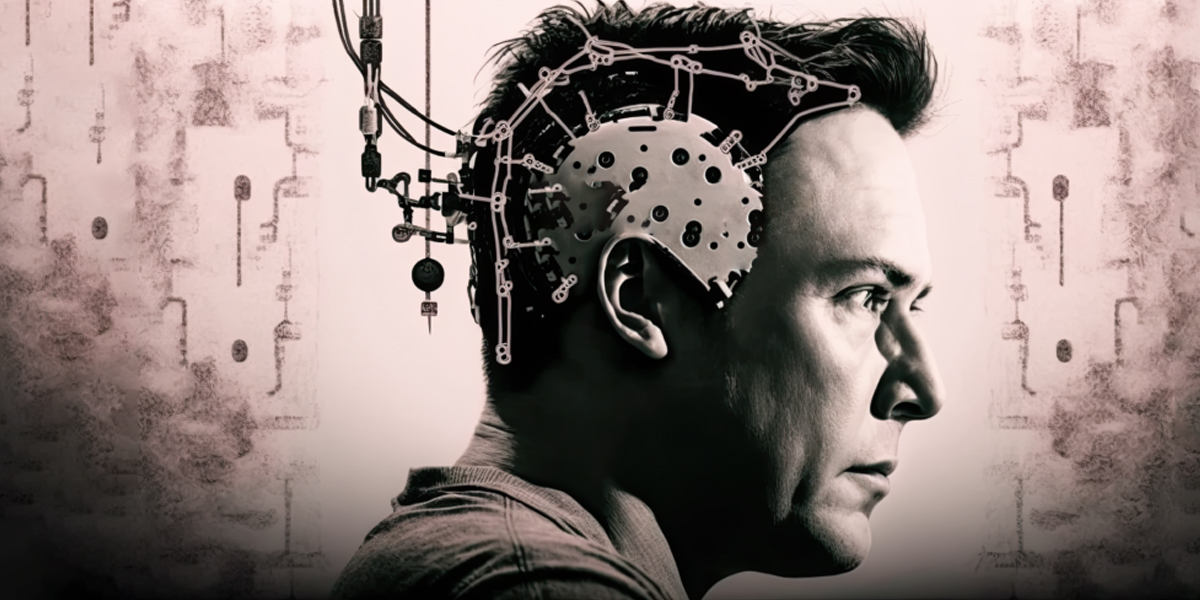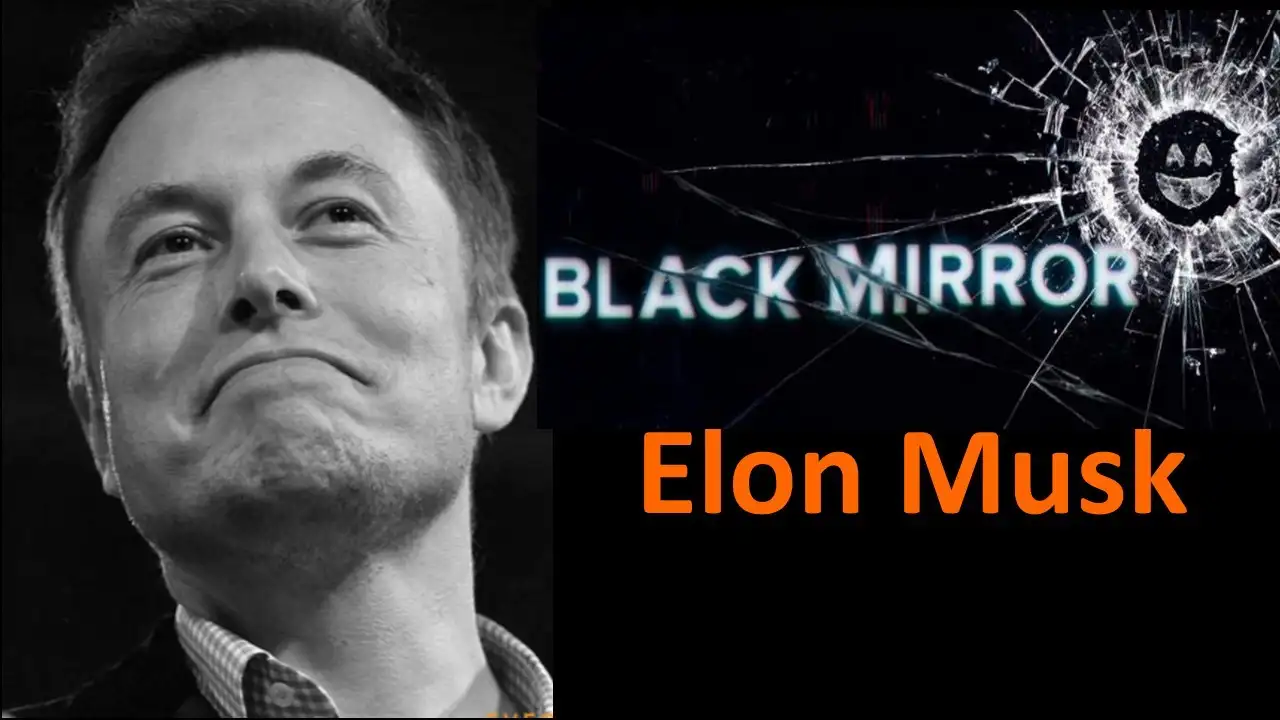Elon Musk’s Brain chip start-up Neuralink implanted a chip in its first live human subject

Neuralink, the brain-computer interface startup founded by Elon Musk, has successfully implanted a chip in a human brain for the first time, according to the billionaire himself. Musk shared the news on his X platform late Monday, saying that the operation took place on Sunday and the patient was recovering well.
The chip, part of Neuralink’s wireless brain-computer interface, is designed to enable people with quadriplegia, or paralysis of all four limbs, to control devices with their thoughts. The implant is surgically placed in the part of the brain that controls the intention to move, and then records and sends brain signals to an app. The initial goal of the trial is to evaluate the safety and functionality of the implant and the surgical robot that installs it.
Read more: MEA’s First Robotic Surgery Training Hub Hailing from Dubai
Musk’s Vision
Elon Musk said that the first product from Neuralink would be called Telepathy and that its initial users would be people who have lost their limbs due to cervical spinal cord injury or amyotrophic lateral sclerosis (ALS).
“Imagine if Stephen Hawking could communicate faster than a speed typist or auctioneer. That is the goal,” he wrote.
He also said that the first results showed promising neuron spike detection, which means that the chip can pick up the electrical impulses that neurons use to communicate.
Neuralink received FDA clearance last year to conduct its first trial to test its implant on humans, a critical milestone for the startup. The company began recruiting patients in September and said that it would enroll up to 10 participants for the study. Neuralink did not respond to CNN’s request for further details.

Neuralink‘s vision is to eventually create a “digital superintelligence layer” that can enhance human cognition and communication. Elon Musk has said that the technology could also help treat neurological disorders, such as Alzheimer’s, Parkinson’s, and depression. However, the company has also faced scrutiny and criticism for its animal experiments, its lack of peer-reviewed publications, and its ethical and social implications.
Read more: Google Plans to Lay Off 30,000 Ad Sales Employees
Legal and Ethical Concerns
Back in a 2020 podcast produced by the Australian Society for Computers and Law, consumer protection and legal ethics expert, Dr. Michelle Sharpe spoke with Dr. Allan McCay, a Sydney University Law School lecturer with a particular interest in behavioural genetics, neuroscience, neurotechnology, and the criminal law about Mr. Musk’s Neuralink brain chip.
“There immediately seems a sci-fi, Black Mirror speculation about what this technology could allow,” said Dr Sharpe.
One of the problems McCay identified regarding the brain-to-computer interface (BCI) was that the over-stimulation and under-stimulation of the brain may give the ability to alter our personalities.
“But there’s a concerning possibility of a serious diminution of autonomy. Quite concerning is the idea of it being imposed by the state in such a way that a person would almost cease to be a proper moral agent.”

“Elon Musk has said that these links will potentially, in the future, allow us to record and download our memories,” said Dr Sharpe.
“It made me think, is it is it possible that sitting in front of a computer that is interfaced with this link, is there scope for inadvertently downloading intimate memories and the distribution of them?”
BCI Implications
Dr. McCay believes the software controlling BCI functions such as memory downloads will have to be carefully written so people don’t easily get themselves into trouble.
“They have to be set up in such a way as the device doesn’t affect an action that the person doesn’t want to happen. But then you don’t want to make it too difficult so they will have to jump through all sorts of hoops before anything gets done.”
“So there’s this kind of fine line between making it too easy and too hard to give effect to actions,” McCay said.
McCay emphasized that there is no great deal of work done or legal attention in neurolaw when it comes to neurotechnology in terms of BCIs.
Neuralink is not the only one attempting to implant chips inside people’s brains. Many people currently utilize brain implants to treat ailments like Parkinson’s disease, and companies like Blackrock Neurotech and Synchron began testing their devices on humans a while ago.
Read more: Abu Dhabi Takes Postal Mail and Parcels to New Heights with Drone Delivery
Elon Musk’s Neuralink first human implant is a remarkable achievement that could pave the way for a new era of brain-computer interfaces. The company hopes to eventually enable people to enhance their cognitive and communicative abilities, as well as treat various neurological disorders. However, the technology also raises ethical and social questions, such as the potential risks of hacking, privacy, and human identity. As Neuralink continues to test and develop its products, it will need to address these challenges and ensure that its innovations are safe, transparent, and beneficial for humanity.
